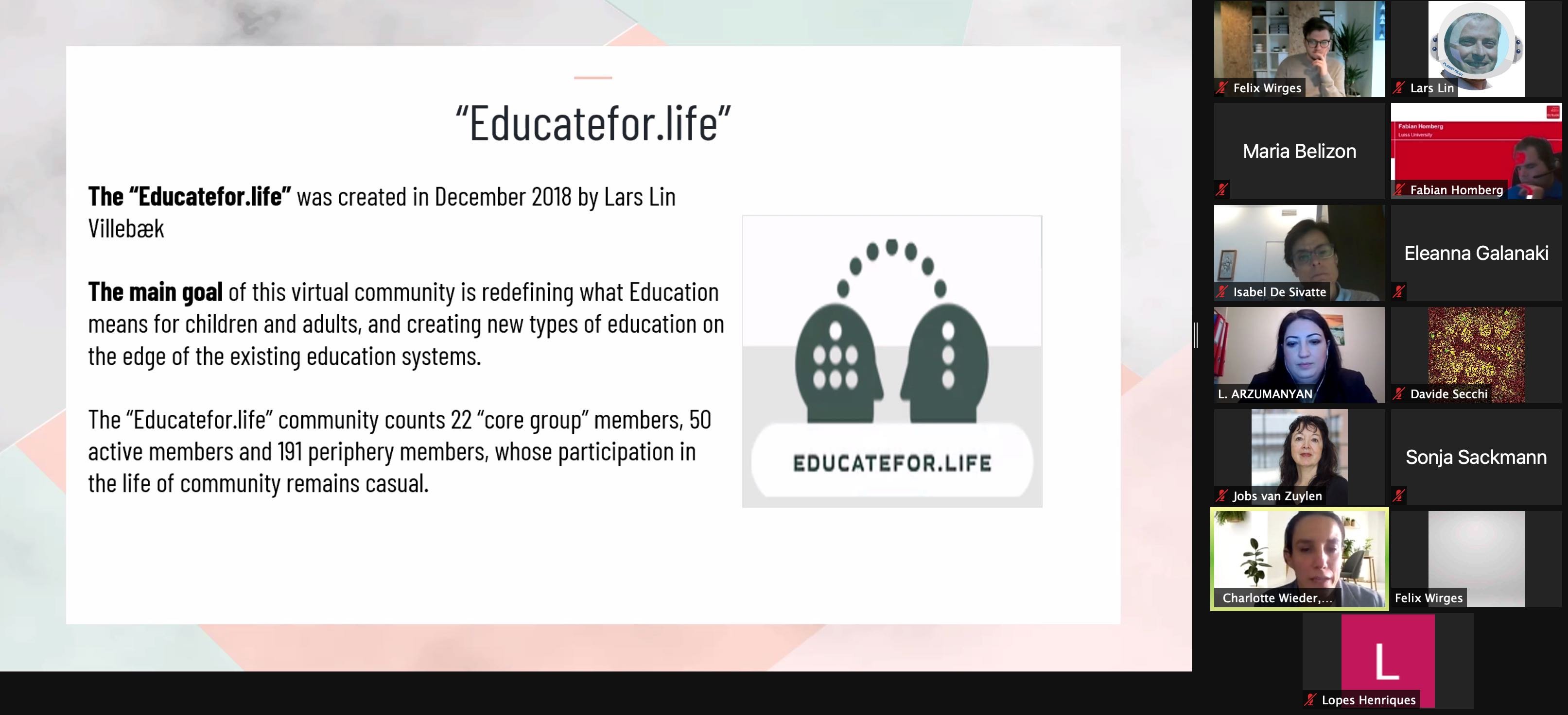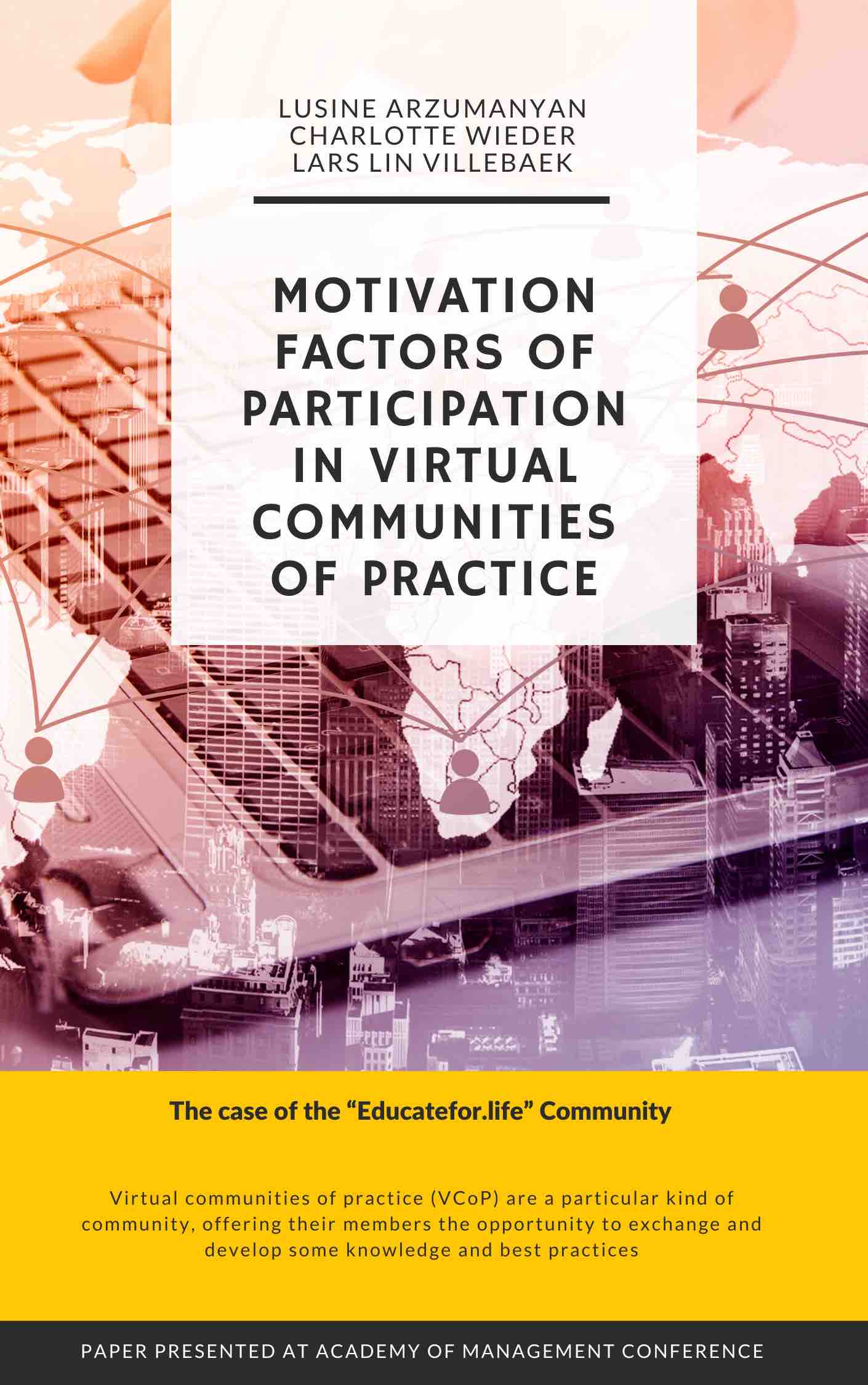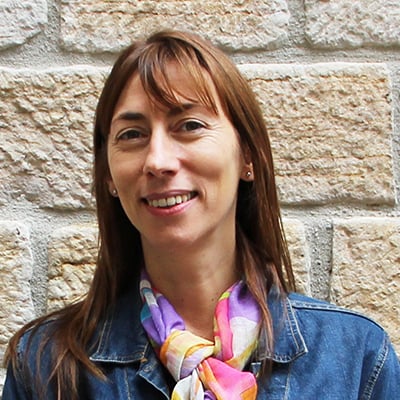The Motivation Factors of Participation in Virtual Communities of Practice:
-The Case of the Educatefor.Life Community
We Are a Virtual Community-of-Practice (VCoP)
We are here to co-create the Future of Education, but we are also here to help you build YOUR community too.

Learn & Develop In Our Community

Create New Educational Paradigms & Programs

Grow Your Own Virtual Community With Our Support

Help us answer the questionnaire below:
-
0. Watch the presentation of the research results so far. Find the presentation recording below on this page
-
1. Click *Start Questionnaire' below and Answer the questionnaire
-
2. Receive invitation to presentation of the final paper (once published) and the important learning about community building, that the world needs right now




Share your experience.
Be part of our research by filling a short questionnaire
We think community building will be a key skill and attribute in the future of learning as well as for solving all big challenges in our world.
Help us build a better future together by filling this short survey. Also if you participated in the first round of interviews (March 2019):


Abstract
Virtual communities of practice (VCoP) are a particular kind of community, offering their members the opportunity to exchange and develop some knowledge and best practices.
This article investigates the motivation factors of participation in virtual communities of practice by using Deci and Ryan’s self-determination theory.
Our research is based on the study of a virtual international community called “Educatefor.life”. The main goal of this community of volunteers is redefining what Education means for children and adults, and creating new types of education on the edge of the existing education systems. The key results of this empirical study highlight the importance of the role of autonomy, and connection in the motivation of the participants, as defined in the self-determination theory. We also highlight the importance of other factors, such as the growth and achievement of the members, the size of the community and intensity of exchanges between the members, as well as the role of animation and positive leadership in the motivation and participation of the members in a virtual community.
Keywords: Virtual community of practice; Motivation, Participation; Self-Determination Theory












